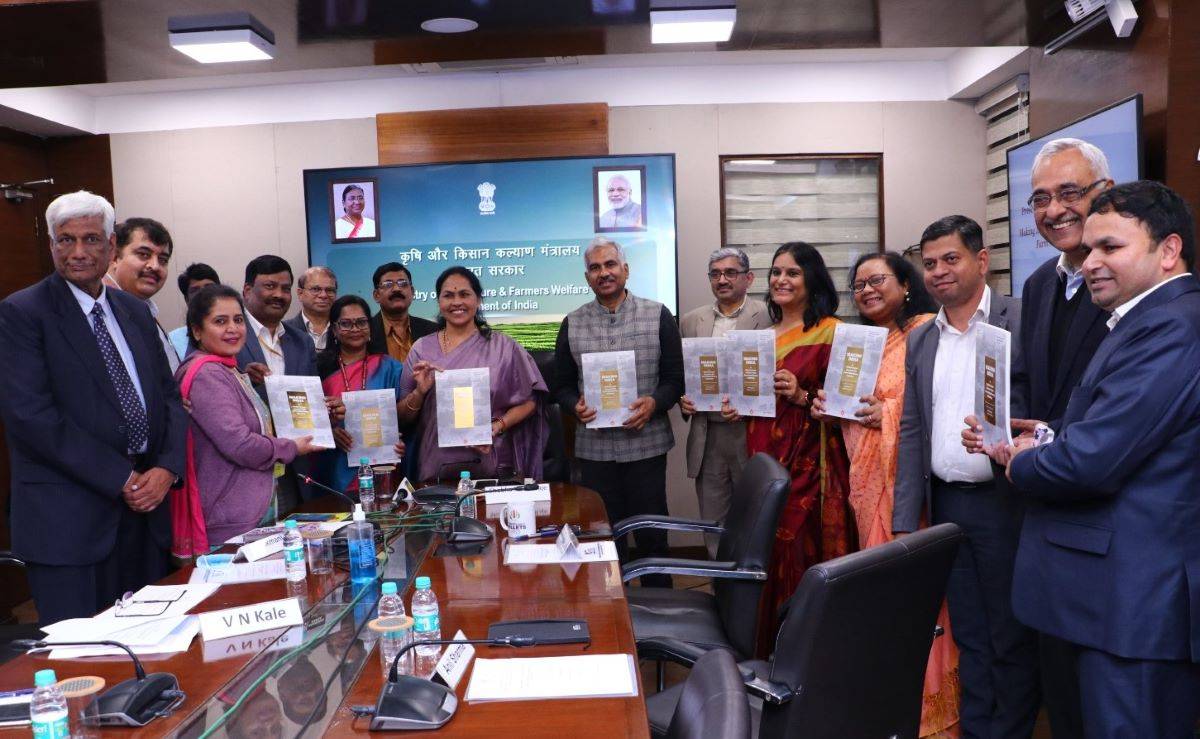
The NCAER is one of India's leading think tanks for economic policy research. In their report, NCAER analyzed the non-tractor farm machinery industry from both the demand and supply sides, highlighting the sector's challenges and recommending measures and reforms by benchmarking global practices. Mahendra & Mahendra funded this research.
The report emphasizes, among other things, that India requires a 15-year vision to transform itself into a production and export hub for non-tractor farm machinery. Adequate farm power is critical for timely farm operations that increase production and productivity while decreasing losses.
With increased crop intensity, turnaround time is drastically reduced, necessitating the availability of adequate power for timely farm operations for the following crop. Despite significant progress in farm mechanisation, its distribution across the length and breadth of our country remains uneven.
In 2018-19, our farm power availability is 2.49 Kw/ha, which is significantly lower than in Korea (+7 kw/ha), Japan (+14kw/ha), and the United States (+7kw/ha). Shobha Karandlaje, who participated in the Roundtable, stated that the Ministry of Agriculture and Farmers Welfare is already promoting farm mechanisation through various schemes and programmes such as SMAM, CRM, and Drones promotion.
Training and testing of agricultural machines such as tractors, power tillers, and combine harvesters by FMTTIs is also noteworthy. The institutes have done outstanding work in testing and training, providing a pool of over 2.3 lakh skilled professionals in the field of farm mechanisation.
The MoS praised the industry for its excellent work in promoting farm mechanisation in India. The agricultural industry has demonstrated tremendous innovation and zeal in bringing and developing appropriate technologies, raising awareness, and making farm equipment more affordable to end users. Though the government is implementing schemes to increase farmers' intake of farm power and, as a result, farm efficiency, the government is also working to improve the effectiveness of these schemes.
In this regard, impact studies and third-party audits of the schemes are conducted on a regular basis. Suggestions from a wide range of stakeholders, including farmers, subject matter experts, research findings, and industries, are always welcome. As a result, the NCAER study report on making India a global powerhouse in agricultural machinery is a welcome measure. The report is expected to provide important insights to policymakers.
Dr. Anil Sharma, Prof. and Secretary, NCAER, also expressed her delight at receiving the study report on making India a Global Powerhouse in Agricultural Machinery, which highlights the challenges in the farm mechanization sector. The report also recommends measures and reforms based on global best practices, which will be reviewed by a team of policymakers to find the best solutions for farm mechanization. Senior officials from the Department of Agriculture and Farmer's Welfare were present, including the Secretary, DA&FW, Manoj Ahuja.











